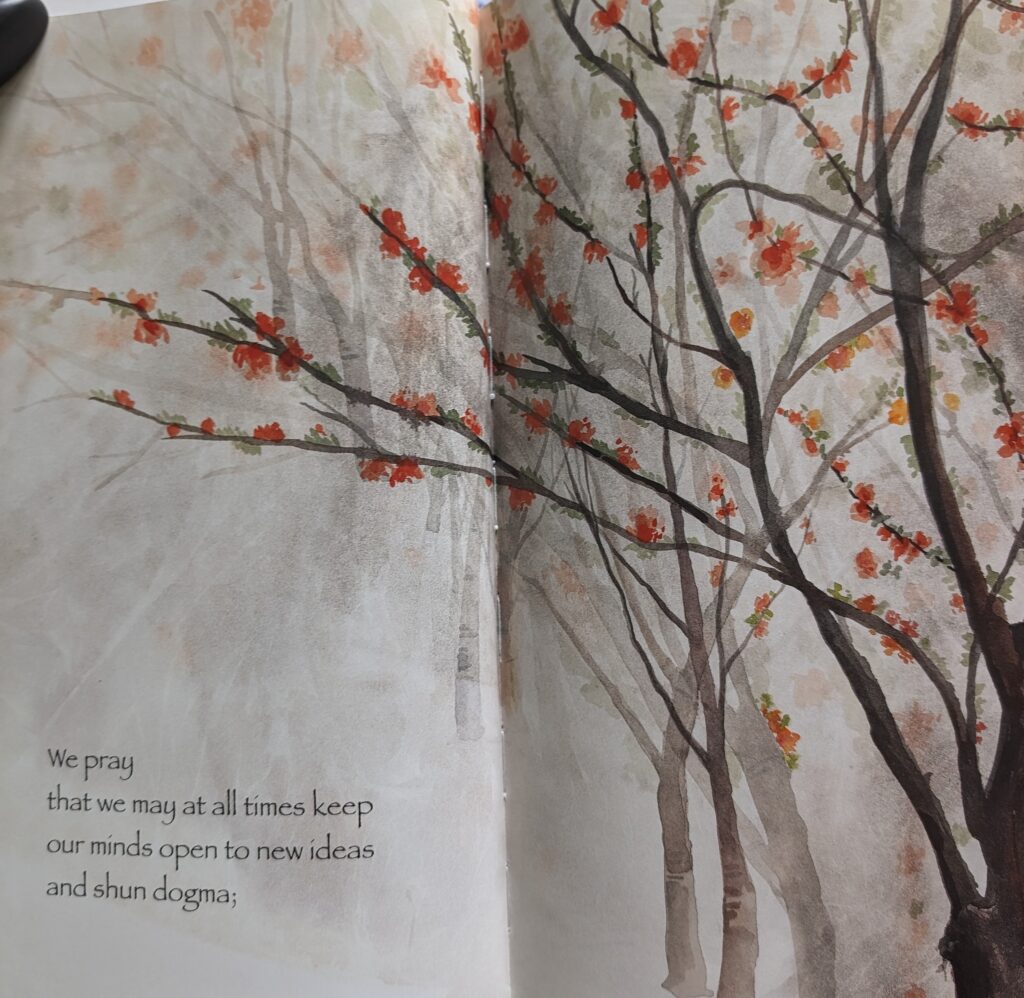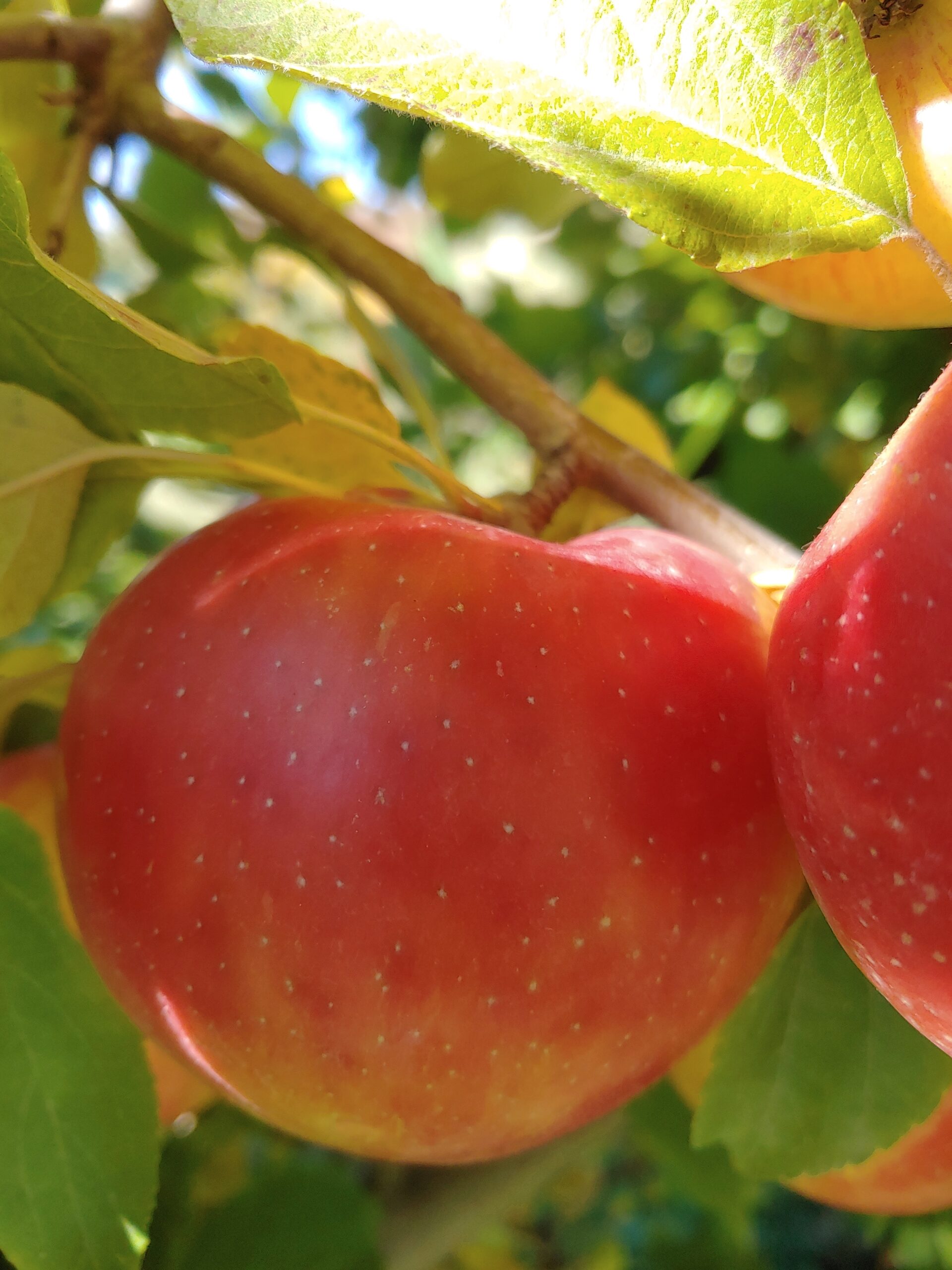
Dogma: A principle or set of principles laid down by an authority as incontrovertibly true.
What can we say about our faith, our God, our world that is incontrovertibly true? Depending on when and where we were born, the dogmatic laundry list would be different. Even if the lists were identical, our own age and stage of life color our take on what we consider incontrovertibly true. Gender, age, experience, geography, current events, health – all these and more influence our lists and our understanding of what those lists mean.
So how do we make sense of it all when so much of what we think of as incontrovertibly true, given by an authority we honor, isn’t truly written in stone? What is the foundation that remains solid and reliable, a bedrock that can bear the weight of our lives and all the changes that come with them? Our perspectives are so limited, our life spans so short – how do we live holy lives?
From my own limited and biased point of view, with all its shortcomings and blind spots, I’m going with the perennial favorite that winds through every faith in every time: when in doubt, go with what honors God and offers love to self and neighbor. Dogma is just a list; God, self, and neighbor are life.
[From Jane Goodall’s A Prayer For World Peace (Feeroozeh Golmohammadi, illustrator); Hong Kong: Minedition, 2015



